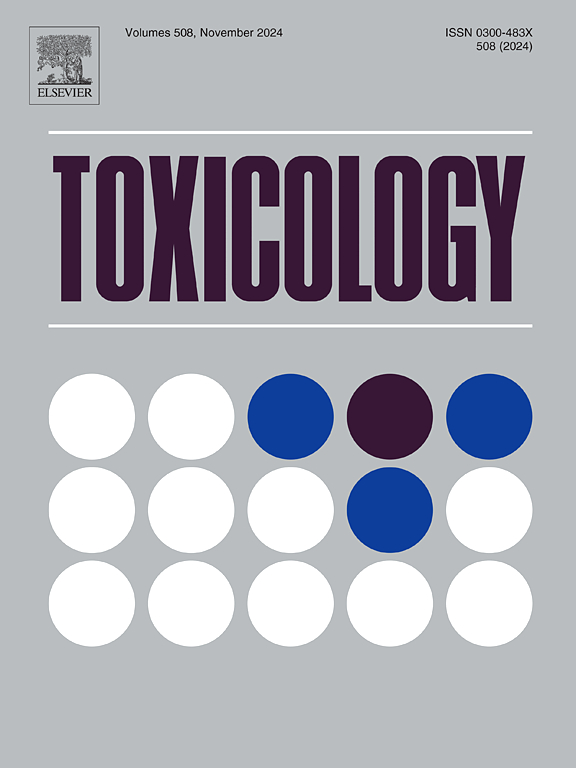Stavudine exposure results in developmental abnormalities by causing DNA damage, inhibiting cell proliferation and inducing apoptosis in mouse embryos
Abstract
Stavudine is an anti-AIDS drug widely used to prevent HIV transmission from pregnant mothers to the fetuses in underdeveloped countries for its low price. However, there is still a controversy on whether stavudine affects embryo development. In the current study, embryotoxicity of stavudine was evaluated using cultured mouse embryos with the concentrations: 5, 10, 15 μM and vehicle control. The data indicated that the effect of stavudine was dose-dependent at early neurogenesis. Stavudine exposure reduced somite numbers, yolk sac diameter, crown-rump length, and increased the rate of embryonic degeneration compared with the control. We chose the lowest but clearly toxic concentration: 5 μM to investigate the molecular mechanisms of the damage. At the molecular level, stavudine produced DNA damage, increased the levels of the phospho-CHK1 and cleaved-caspase-3, and decreased the expression level of proliferating cell nuclear antigen. These changes indicated that stavudine caused a coordinated DNA damage response, inhibited cell proliferation, and induced apoptosis in the embryos. Collectively these results suggest that stavudine exposure disturbs the embryonic development, and its use in pregnant mothers should be re-examined.





